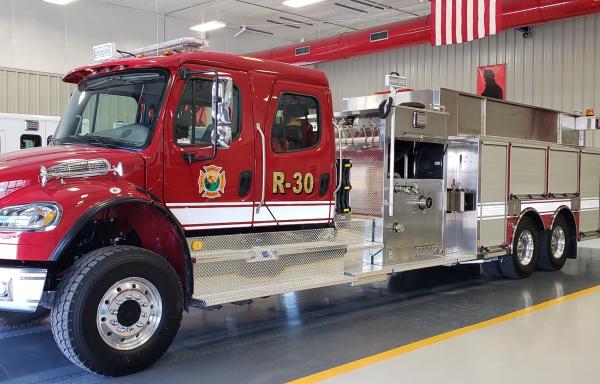When natural disaster strikes, rural communities across America struggle to capitalize on state, federal and nonprofit funding. Local leaders are often unpaid volunteers already donating significant time to various municipal functions, so the extra hours, energy and expertise required to write applications and coordinate projects involved in disaster relief are often difficult to provide. This capacity challenge means lost opportunities for economic recovery after Mother Nature does her worst, like a mid-summer rainstorm in 2023 that overcame the banks of Vermont’s Winooski River and related tributaries, destroying homes, crops, livelihoods and dreams in mere minutes.
Economic aftershocks during and after the COVID pandemic inspired historic bi-partisan legislation that funded RD with disaster-relief programs to administer among qualified applicants. These included the Infrastructure Recovery Act (IRA), the Coronavirus Aid, Recovery and Economic Security Act (CARES), the American Rescue Plan Act (ARPA), and the Infrastructure Investment and Jobs Act (IIJA). Congress didn’t appropriate disaster funds in 2023 to RD for community infrastructure or wastewater projects. So as flood waters receded, RD staff hit the ground to identify the worst-hit areas, and worked hard to accelerate support where it was needed most.
Knowing that community leaders lacked the capacity, but not the local knowledge, to oversee and fund recovery projects after severe flooding and other disasters, RD’s leaders had a bold idea: Find funding to supply technical assistance for towns struggling to prioritize their funding needs. Through a pilot program, RD sealed a cooperative agreement with the Vermont League of Cities and Towns to provide one-on-one expertise for municipalities in the face of chaos and confusion. This logistical guidance helps small communities find and apply for crucial funding.
Uses of the funds may include:
- Providing one-on-one training and technical assistance to municipal officials who manage budgetary issues with FEMA applications and reimbursements
- Building out a formal education program in government finance for treasurers, administrators, managers, and legislative body members
- Building government finance expertise through networking, mentoring and formal and informal learning opportunities with partners such as Vermont Clerks and Treasurers Association, Vermont Government Finance Officers Association and more
- Developing model templates and best practices to be used in disaster response, such as tip sheets on available assistance from FEMA, USDA, etc.
- Coordinating with regional planning and development corporations and service providers through the Municipal Technical Assistance Program
With $1 million providing new staff capacity, rural Vermont can count on essential help during times of dire need.

